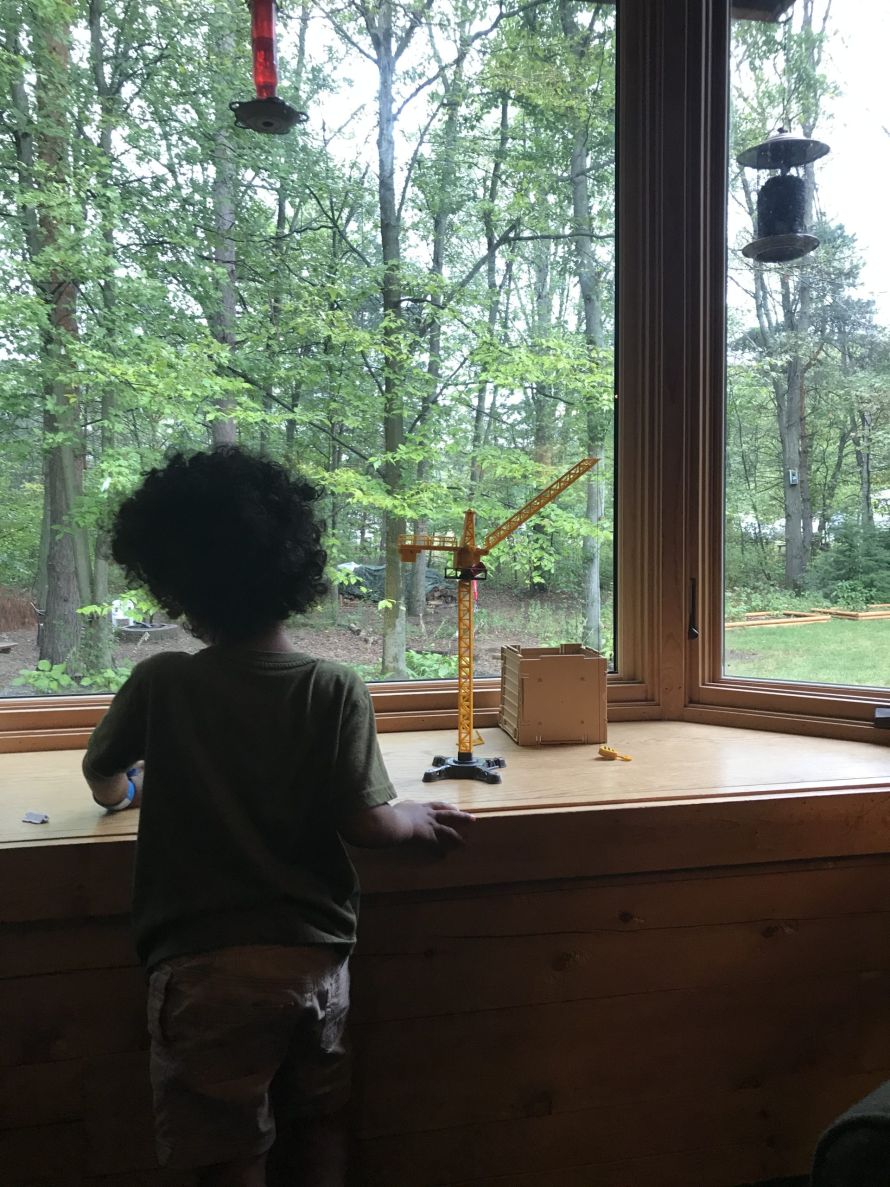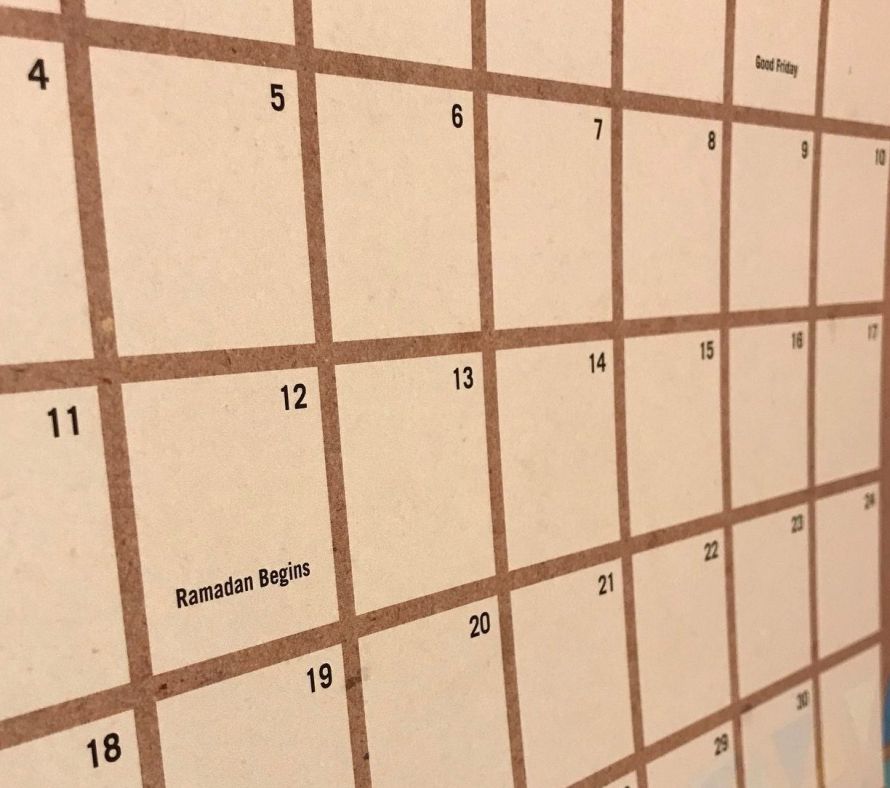235 Years Is Enough
“Imagine the media treatment of Kamala Harris if she had five children by three different men.”
Stop and actually imagine it. Imagine how far Harris would have made it in her very public career. District attorney of a top 20 U.S. city? Attorney General? U.S. Senator? Vice President?
Not a chance.
I was confronted with this quote at the start of Harris’ campaign all those long weeks ago, and not only has it stayed with me, it has grown.
Imagine the treatment of Harris if she had 34 felony convictions or if she had filed bankruptcy multiple times. Imagine if she had paid off and slandered multiple people whom she had sexually assaulted. Imagine if she had inspired an attack on our nation’s capital, then stood by to watch the destruction. Imagine if she had worked to deny and sow doubt in America’s free and fair election process or refused to participate in our country’s long-standing tradition of a peaceful transfer of power.









